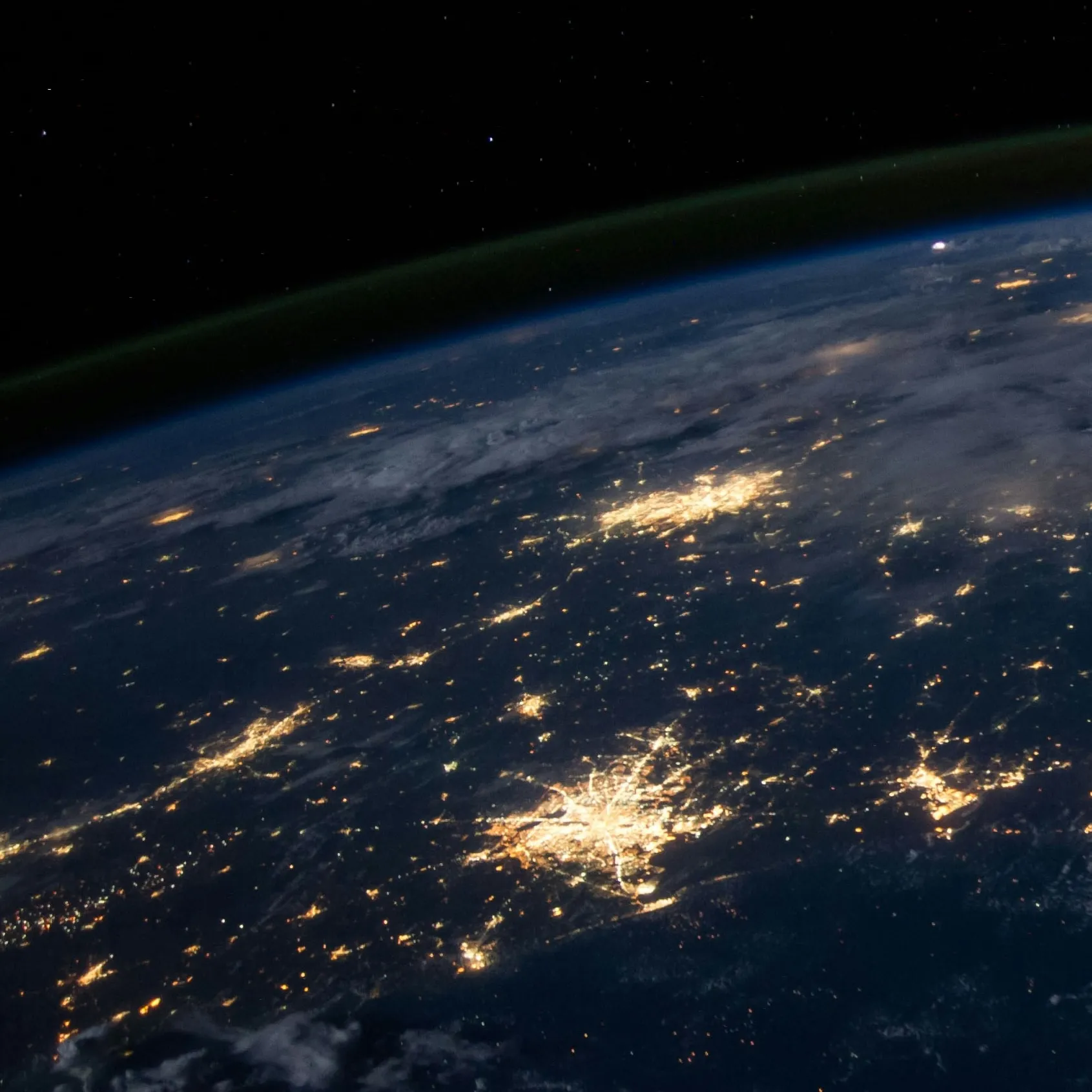Orbital
Samantha Harvey

This novel came to my attention during the Booker Prize shortlist period. On paper, it’s right up my alley—a literary novel with a space travel/sci-fi theme—and so, when it won the award, I became quite eager to get my hands on it.
The novel puts us on board the International Space Station, along with its crew of six astronauts, as they orbit the Earth. It covers a 24-hour period, during which they go around the world 16 times. There’s no plot really, other than a growing typhoon over Asia, and the fact that another crew is launching a mission to the moon on that same day.
The prose is well-written, with many poetic turns of phrase and lyrical passages. It does a good job of evoking the hardships that the astronauts go through: their sense of time is all out of whack because they experience 16 sunrises and sunsets every “day,” and they’re fighting to keep their bodies healthy in an envirnoment that humans are not built for.
After six months in space they will, in technical terms, have aged 0.007 seconds less than someone on earth. But in other respects they’ll have aged five or ten years more, and this is only in the ways they currently understand. They know that the vision can weaken and the bones deteriorate. Even with so much exercise still the muscles will atrophy. The blood will clot and the brain shift in its fluid. The spine lengthens, the T cells struggle to reproduce, kidney stones form. While they’re here food tastes of little. Their sinuses are murder.
But ultimately, I was disappointed with my reading experience. I found it frustrating because there was little narrative drive for me.
I think I would be able to accept the lack of plot if the book made up for it with character development. However, I didn’t feel that there was much focus on the characters, either. We get introduced to each of the six—with some cultural markers which are, frankly, a bit on-the-nose1—but in a deliberate stylistic choice (I believe), the perspective never stays on any one character for very long.
There’s a constant feeling of “zooming out”: a passage will start with the description of one of the astronauts, but will shift to the they pronoun, so that it becomes about the whole crew. Furthermore, the prose will sometimes shift to a second-person you perspective.
They were warned in their training about the problem of dissonance. They were warned about what would happen with repeated exposure to this seamless earth. You will see, they were told, its fullness, its absence of borders except those between land and sea. You’ll see no countries, just a rolling indivisible globe which knows no possibility of separation, let alone war. And you’ll feel yourself pulled in two directions at once. Exhilaration, anxiety, rapture, depression, tenderness, anger, hope, despair. Because of course you know that war abounds and that borders are something that people will kill and die for.
I get the thematic reasons for these perspective shifts: the astronauts are floating above the whole world, and they represent all of humanity. Yes, you too, the reader. However, since it’s constantly pulling away from the characters, I found it hard to care about any of them, and I was left with the impression that the book is all theme, and no story.
Footnotes
-
The Russian one has a beef against America. The Italian one tries to add garlic to the pre-processed space food. The Japanese one has family members who barely survived the nuclear bombs in WWII. ↩
